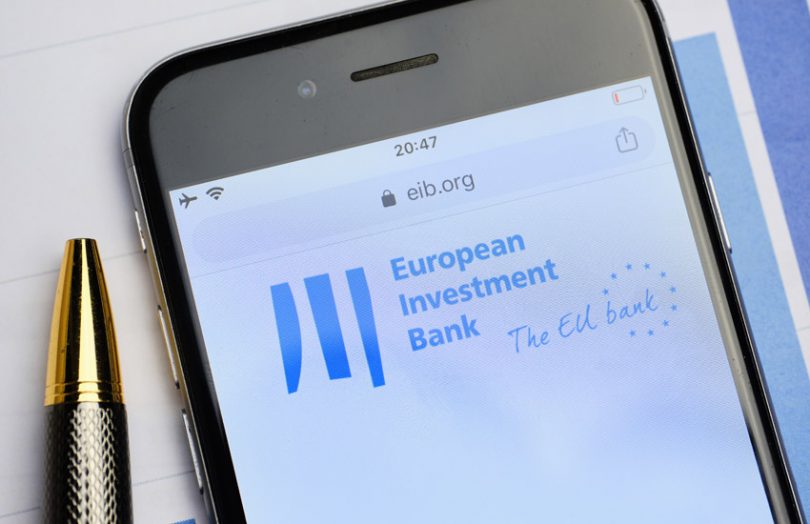According to a Bloomberg report today, the European Investment Bank (EIB), the European Union’s (EU) bank, has hired three investment banks to explore a digital bond issuance that would use blockchain for registration and settlement. The banks are Goldman Sachs, Santander and Société Générale, with investor meetings to start April 15.
Both Santander (€20m) and Société Générale (€140m) have previously issued bonds on a public blockchain. The French bank has done two, with the second bond paid for using central bank digital currency (CBDC) in association with the Banque de France. France’s central bank is currently involved in perhaps the largest wholesale CBDC trial with eight consortia.
However, for both banks, the bonds were bought by internal group companies, and the legal issues were the biggest hurdles. Most bond issuances to date have used permissioned blockchains.
Blockchain’s advantages for bonds are digitizing what is still a relatively manual issuance process, providing a blockchain shared registry without a central securities depositary (the EU requires a CSD for securities issuance), and the possibility of instant settlement or delivery versus payment which removes counterparty risk.
Several other governmental or government-related institutions have already used permissioned blockchains for bond issuance. The World Bank was one of the first in Australia, which has launched multiple tranches of the bond-i starting in 2018.
Both Thailand and the Philippines have issued retail treasury bonds using blockchain.
In the U.S. ConsenSys acquired a brokerage firm in a bid to use blockchain in the municipal bond market.
There are numerous bond platforms in development worldwide, including by the likes of Nomura and SBI in Japan, and Temasek and SGX in Singapore. Others include BBVA, LedgerEdge, Monetago, Bond180 and Agora.






